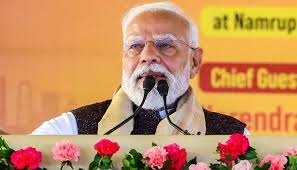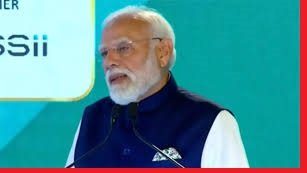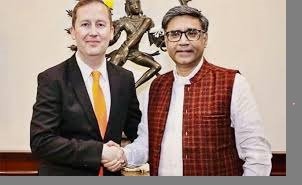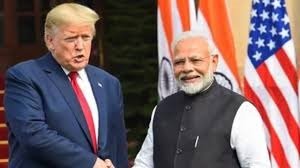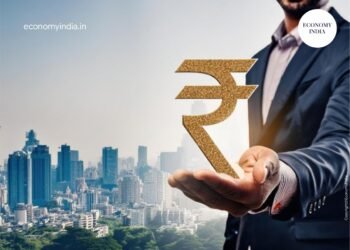Exporters from apparel, leather, gems & jewellery, handicrafts, and marine sectors to meet PM Modi for discussions on trade competitiveness and policy support.
New Delhi (Economy India): Prime Minister Narendra Modi will hold a crucial meeting on Monday with exporters from several labour-intensive sectors to discuss strategies aimed at enhancing India’s competitiveness in global trade. Exporters from apparel, leather, gems and jewellery, handicrafts, engineering, and marine products sectors are expected to participate in the high-level consultation.
Export Promotion Councils and Industry Leaders to Join Discussions
According to industry sources, heads of major Export Promotion Councils (EPCs) representing the participating sectors will attend the meeting, alongside senior government officials from the Ministry of Commerce and Industry, DGFT (Directorate General of Foreign Trade), and Department for Promotion of Industry and Internal Trade (DPIIT).
The discussion is expected to focus on measures to simplify export procedures, enhance logistics and infrastructure, strengthen MSMEs in export value chains, and leverage new trade agreements under negotiation.

Focus on Employment and Global Value Chains
Labour-intensive sectors such as textiles, leather, gems and jewellery, and handicrafts are critical to India’s export economy, collectively contributing to millions of jobs.
Officials said the government is keen to strengthen these industries’ role in global value chains (GVCs) through better access to finance, improved technology adoption, and reduced regulatory bottlenecks.
Sources added that the Prime Minister is likely to seek feedback from exporters on specific trade challenges, including rising input costs, non-tariff barriers in developed markets, and global demand slowdown.
Government’s Push for Export-Led Growth
India’s merchandise exports have shown signs of recovery after a challenging year marked by geopolitical disruptions and weak global demand.
In the current fiscal year, exports of engineering goods, marine products, and electronics have grown steadily, while textile and jewellery exports have faced headwinds due to subdued orders from key markets such as the US and Europe.
The meeting aligns with the government’s broader strategy to achieve the USD 2 trillion export target by 2030, a key milestone under India’s vision of becoming a global manufacturing and supply hub.
Exporters Expect Policy Support and Incentives
Exporters are expected to urge the government to review existing export incentive schemes, improve credit support through EXIM Bank, and fast-track free trade agreements (FTAs) with the UK and European Union.
They are also likely to highlight issues related to freight costs, customs clearances, and tax refunds under the Remission of Duties and Taxes on Export Products (RoDTEP) scheme.
An apparel exporter based in Tiruppur said, “We expect the Prime Minister to address structural challenges such as high logistics costs and delayed tax refunds. Simplification of procedures can greatly enhance competitiveness.”

Strategic Timing Ahead of Global Trade Events
The meeting comes ahead of key global trade events, including the World Trade Organization (WTO) Ministerial Conference and G20 trade forums, where India is expected to advocate for fairer market access and trade equity for developing economies.
The government’s renewed engagement with exporters underscores its intent to sustain export momentum, attract investments in manufacturing, and diversify markets beyond traditional destinations.
As India eyes a greater role in global supply chains, the Prime Minister’s interaction with exporters today is expected to shape the next phase of export-led growth strategy. The meeting could lead to policy adjustments in upcoming trade and industry reforms, aimed at making Indian exports more competitive, innovative, and globally integrated.
(Economy India)






